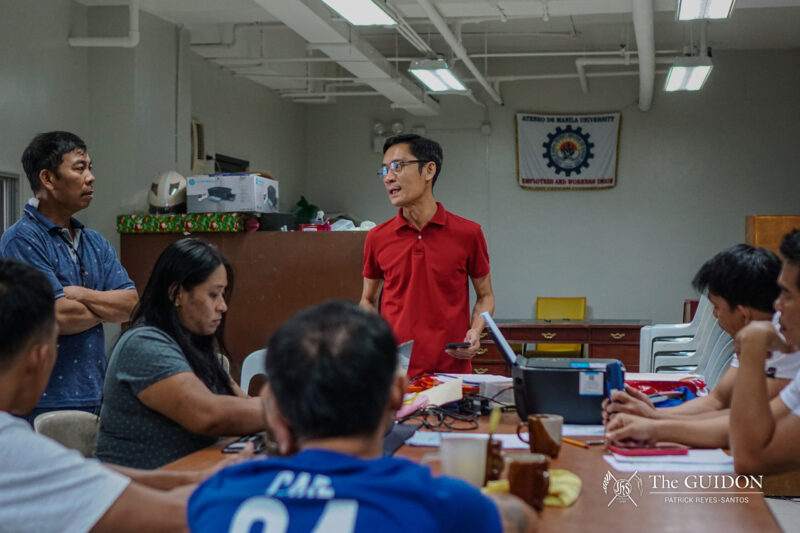IN RESPONSE to the call for globalization, the Ateneo is considering a shift to an August to May academic calendar for school year 2015 to 2016. A proposal was released on the official Ateneo website in early October.
According to the proposal, the changing global landscape demands the Ateneo to meet world standards and become a “global university.”
The proposal also said that shifting the academic calendar from June to March to August to May will speed up the Ateneo’s internationalization efforts and will extend its scope for potential partnerships with other universities overseas.
This allows for “fuller participation” in the interchange among universities around the globe.
Should the proposal be approved, the first semester will begin on August 10 and will end on December 12. Meanwhile, the second semester will begin on January 18 and will end on May 21.
The equivalent of current summer classes will start on June 8 and will end on July 18.
The Office of the Vice President for University and Global Relations (OVPUGR) is currently conducting a study with regard to proposal to shift the Ateneo academic calendar.
The said office will also be administering an online survey about the proposal among the members of the Ateneo community. It will be conducted from October 15 to November 7.
“We will make a formal recommendation to the President’s Council. The final decision, however, will be made by the Board of Trustees,” said OVPUGR Assistant Teresa Ricafort-Santos.
Pros and cons
According to the OVPUGR , however, the proposal brings about concerns among the members of the Ateneo community.
Fifty-three concerns and corresponding potential solutions regarding the proposal were collected from consultations and focus group discussions conducted among members of the Loyola Schools (LS) community.
The concerns and suggestions, however, do not necessarily reflect the viewpoint of the OVPUGR.
The main issues involve academic concerns, socio-cultural mindsets, student or staff welfare, scheduling and logistical concerns, and ability of the Ateneo to attract enrolees.
One specific academic concern raised was about the possible two-month reduction of the review period for the bar examination of Ateneo Law School students.
A potential suggestion for this concern involves the incorporation of the review classes into students’ senior year.
Another issue raised with regard to the academic calendar shift was that March, April and May are the months when students usually go on vacation trips.
In response, a suggestion pointed out in the proposal entails that if the Commission on Higher Education will allow the Ateneo to have a regular term that is less than 18 weeks, a week-long summer break would be introduced around March to April.
There were also concerns about the increase in tuition fees due to the use of air-conditioned classrooms during the summer season.
Meanwhile, Ateneo High School students who will be graduating on March 2014 and who will be attending the LS will have a longer waiting period before starting their college classes.
The proposal also said that the Ateneo College Entrance Test passers who have been waitlisted for their scholarship application may opt to study in other schools if their application will not be confirmed at an earlier time.
As such, another study will be conducted to see how the proposed academic calendar will affect the choices of incoming LS freshmen.






